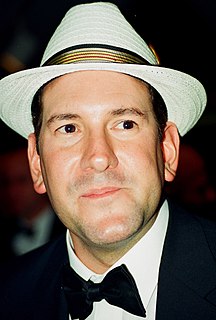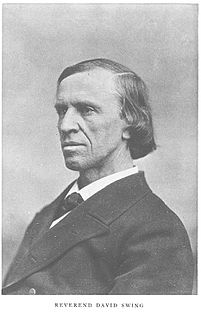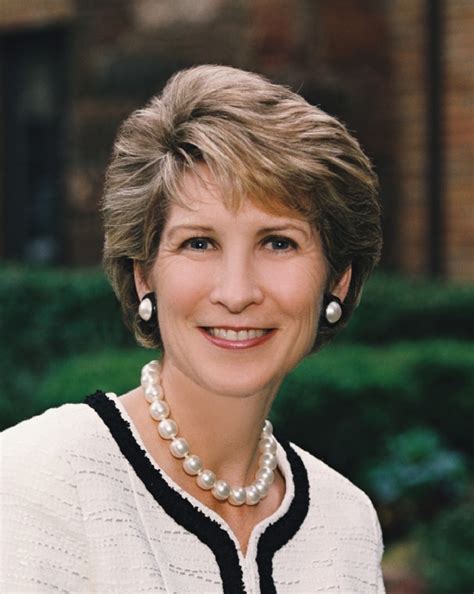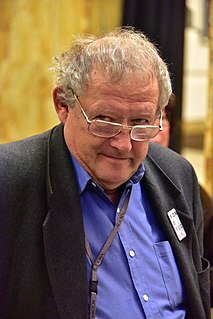A Quote by Nick Denton
Is there Gawker ethics? I mean, I guess there's Gawker ethics. It's a dangerous thing to talk about.
Related Quotes
There was a rivalry - and some pie-throwing. But that was probably because Gawker and Radar had more in common than they wanted to admit. Each was the other's future. Radar served up the exclusives I always envied. Gawker was actually comfortable on the web, in the medium Radar should have made its own.
The very essence of political philosophy is the carving out of an ethical system - strictly, a subset of ethics dealing with political ethics. Ethics is the one rational discipline that demands the establishment of a rational set of value judgments; political ethics is that subset applying to matters of State.
I have a very clear perception what the Internet is in my mind. I'm free. I'm not defined by what they say is the Internet is. Meaning Goldman Sachs, meaning who they invest in for the latest start-up, meaning the latest Buzzfeed, or Salon, or Gawker. Well, Gawker's more independent. But, there's a lot of corporate makeover of the Internet that I have not adapted to, simply put. I'm friends with some of them. When I go to New York I make the 6th Avenue rounds, but I am not a part of that system.
The modern Gamaliel should teach ethics. Ethics is the science of human duty. Arithmetic tells man how to count his money; ethics how he should acquire it, whether by honesty or fraud. Geography is a map of the world; ethics is a beautiful map of duty. This ethics is not Christianity, it is not even religion; but it is the sister of religion, because the path of duty is in full harmony, as to quality and direction, with the path of God.
Using the phrase business ethics might imply that the ethical rules and expectations are somehow different in business than in other contexts. There really is no such thing as business ethics. There is just ethics and the challenge for people in business and every other walk in life to acknowledge and live up to basic moral principles like honesty, respect, responsibility, fairness and caring.





























